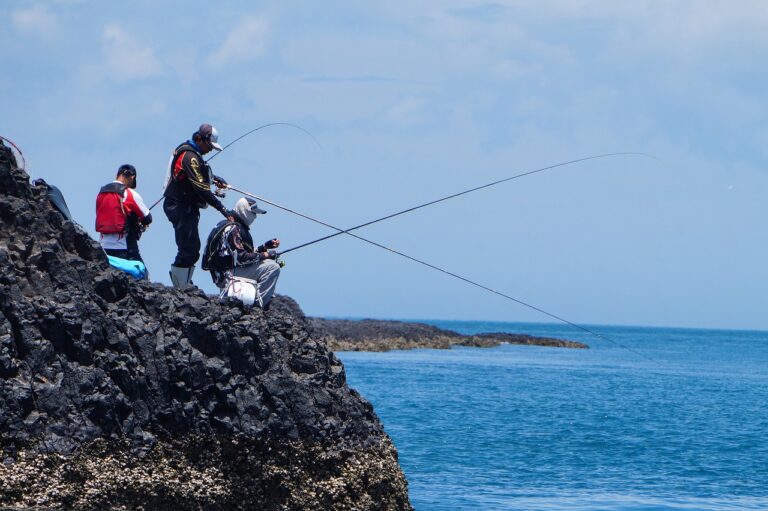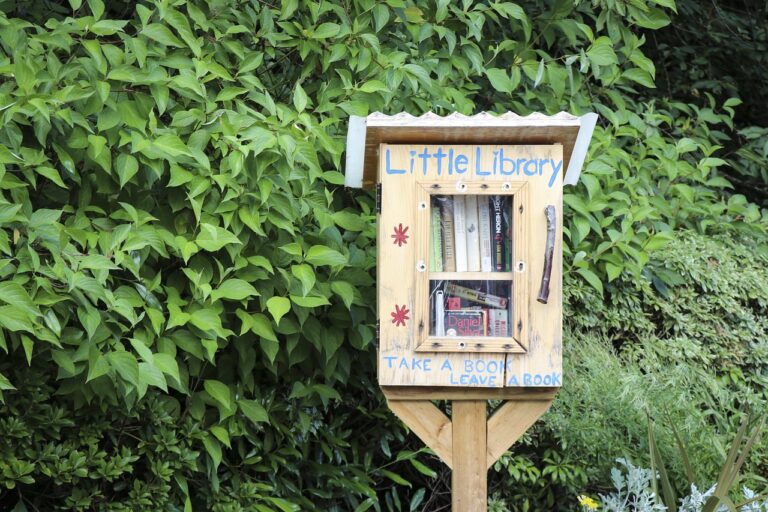Exploring Culturally Responsive Physical Therapy Education
Culturally responsive education is crucial in the field of physical therapy as it recognizes and respects the diverse backgrounds and experiences of patients. By understanding the cultural factors that influence a patient’s health beliefs, values, and behaviors, physical therapists can effectively tailor their treatment plans to meet the individual needs of each patient. This approach fosters trust and collaboration between the therapist and patient, leading to improved health outcomes and overall satisfaction with the care provided.
Furthermore, culturally responsive education helps to break down barriers to healthcare access and delivery. When physical therapists are trained to be culturally competent, they are better equipped to serve a more diverse patient population. This can help address disparities in healthcare services, reduce misunderstandings due to language or cultural differences, and ultimately promote better communication and understanding between providers and patients. Embracing cultural diversity in physical therapy education not only enhances the quality of care but also contributes to building a more inclusive and equitable healthcare system.
Understanding Cultural Competence in Physical Therapy Education
Cultural competence is a crucial aspect of physical therapy education as it allows healthcare professionals to effectively engage with patients from diverse backgrounds. By understanding and respecting the cultural beliefs, values, and practices of individuals, physical therapists can provide more personalized and inclusive care. Developing cultural competence involves not only acquiring knowledge about different cultures but also cultivating skills to communicate and collaborate effectively across cultural boundaries.
In physical therapy education, fostering cultural competence requires ongoing self-reflection, open-mindedness, and a willingness to challenge assumptions and stereotypes. It is essential for future physical therapists to recognize the impact of culture on health behaviors, treatment preferences, and healthcare outcomes. By prioritizing cultural competence in education, physical therapy programs can better prepare students to navigate the complexities of providing care to an increasingly diverse patient population.
Challenges in Implementing Culturally Responsive Education in Physical Therapy
Culturally responsive education in physical therapy is crucial for providing optimal care to diverse patient populations. However, implementing this approach comes with its own set of challenges. One major obstacle is the lack of standardized guidelines or curriculum on cultural competence in physical therapy education programs. This makes it difficult for educators to know how to effectively integrate cultural responsiveness into their teaching.
Another challenge is the limited diversity among faculty and students in many physical therapy programs. Without a diverse representation of cultures and backgrounds, it can be challenging to create a truly inclusive learning environment. This lack of diversity can hinder students’ ability to understand and appreciate the importance of cultural competence in their practice. Additionally, overcoming personal biases and assumptions is an ongoing challenge for both educators and students in the pursuit of culturally responsive education in physical therapy.
Why is culturally responsive education important in physical therapy?
Culturally responsive education in physical therapy is important because it helps healthcare providers understand and address the diverse cultural backgrounds and beliefs of their patients, leading to more effective and compassionate care.
What is cultural competence in physical therapy education?
Cultural competence in physical therapy education refers to the ability of physical therapists to effectively interact with patients from diverse cultural backgrounds, understand their unique needs, and provide culturally sensitive care.
What are some challenges in implementing culturally responsive education in physical therapy?
Some challenges in implementing culturally responsive education in physical therapy include lack of resources and training, varying levels of cultural competence among faculty and students, and overcoming biases and stereotypes.







